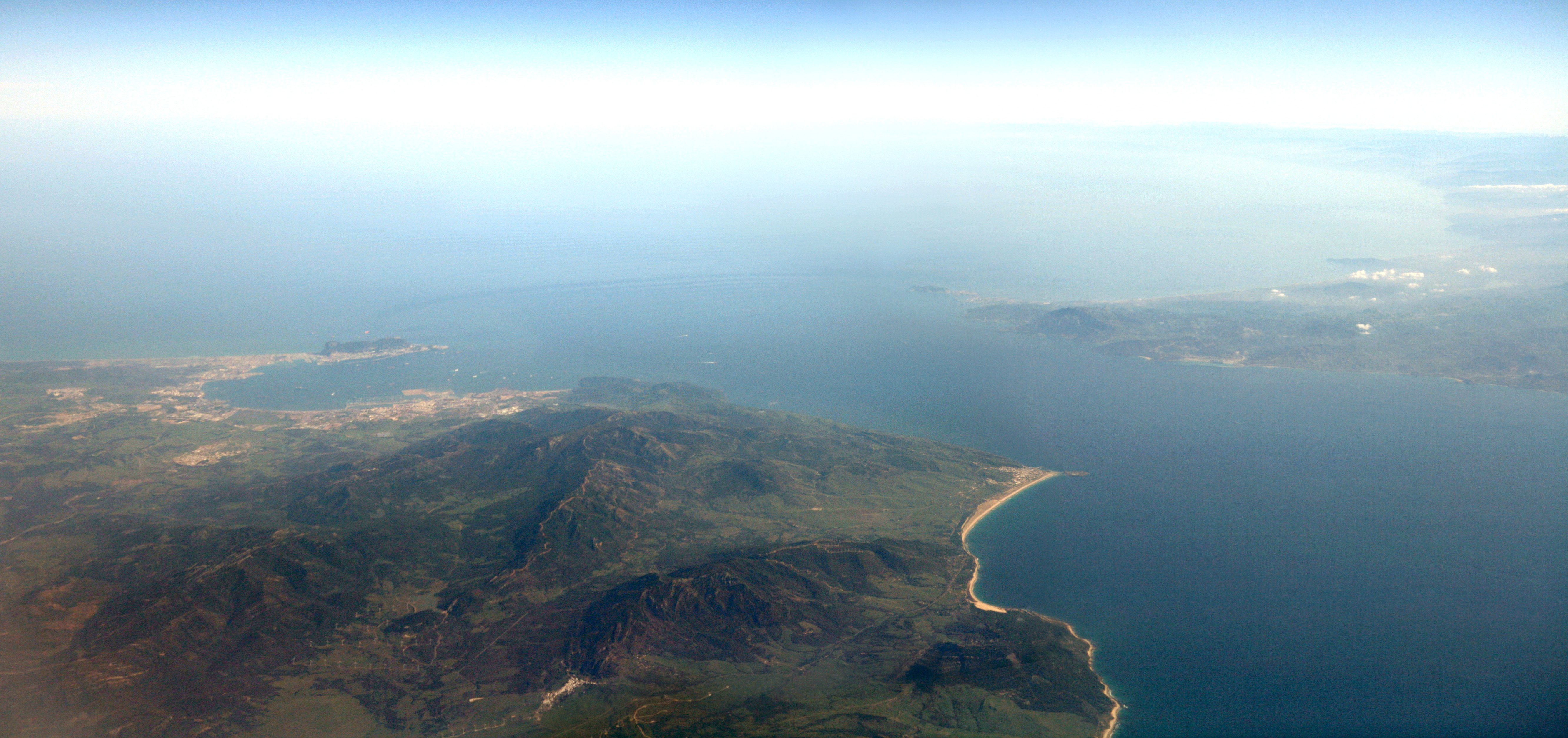|
Almohad Campaign Against Portugal (1190–1191)
The Almohad Caliphate launched a major offensive against the Kingdom of Portugal in the spring of 1190 that lasted into the summer of 1191. The Caliph Yaʿqūb al-Manṣūr crossed over from Africa to take personal command of his forces. The campaign of 1190 was underwhelming because of assistance Portugal received from passing armies of the Third Crusade. The sieges of Tomar, Santarém and Silves had to be abandoned, but the caliph overwintered in Seville. The campaign of 1191 reversed Portugal's recent ''reconquistas'' (reconquests), captured Silves after a second siege and pushed the frontier north to the Tagus. 1190 expedition Yaʿqūb al-Manṣūr spent most of 1188–1189 preparing an expedition against Portugal. In September 1189, Silves was captured by King Sancho I of Portugal with help from some crusaders on their way to join the siege of Acre. In April 1190, al-Manṣūr finally launched his invasion. The '' Bayān al-mughrib'' of Ibn ʿIdhārī reports that around t ... [...More Info...] [...Related Items...] OR: [Wikipedia] [Google] [Baidu] |
Almohad Caliphate
The Almohad Caliphate (; ar, خِلَافَةُ ٱلْمُوَحِّدِينَ or or from ar, ٱلْمُوَحِّدُونَ, translit=al-Muwaḥḥidūn, lit=those who profess the Tawhid, unity of God) was a North African Berbers, Berber Muslim empire founded in the 12th century. At its height, it controlled much of the Iberian Peninsula (Al Andalus) and North Africa (the Maghreb). The Almohad movement was founded by Ibn Tumart among the Berber Masmuda tribes, but the Almohad caliphate and its ruling dynasty were founded after his death by Abd al-Mu'min, Abd al-Mu'min al-Gumi. Around 1120, Ibn Tumart first established a Berber state in Tinmel in the Atlas Mountains. Under Abd al-Mu'min (r. 1130–1163) they succeeded in overthrowing the ruling Almoravid dynasty governing Morocco in 1147, when he conquered Marrakesh and declared himself caliph. They then extended their power over all of the Maghreb by 1159. Al-Andalus soon followed, and all of Muslim Iberia was under Almohad ... [...More Info...] [...Related Items...] OR: [Wikipedia] [Google] [Baidu] |
Strait Of Gibraltar
The Strait of Gibraltar ( ar, مضيق جبل طارق, Maḍīq Jabal Ṭāriq; es, Estrecho de Gibraltar, Archaic: Pillars of Hercules), also known as the Straits of Gibraltar, is a narrow strait that connects the Atlantic Ocean to the Mediterranean Sea and separates the Iberian Peninsula in Europe from Morocco in Africa. The two continents are separated by of ocean at the Strait's narrowest point between Point Marroquí in Spain and Point Cires in Morocco. Ferries cross between the two continents every day in as little as 35 minutes. The Strait's depth ranges between which possibly interacted with the lower mean sea level of the last major glaciation 20,000 years ago when the level of the sea is believed to have been lower by . The strait lies in the territorial waters of Morocco, Spain, and the British overseas territory of Gibraltar. Under the United Nations Convention on the Law of the Sea, foreign vessels and aircraft have the freedom of navigation and overflight t ... [...More Info...] [...Related Items...] OR: [Wikipedia] [Google] [Baidu] |
Alcácer Do Sal
Alcácer do Sal () is a municipality in Portugal, located in Setúbal District. The population in 2011 was 13,046, in an area of 1499.87 km2. History Earliest settlement There has been human settlement in the area for more than 40,000 years; archaeological investigations have placed human presence here back to the Mesolithic Period, when the first peoples began to concentrate in the areas around Alcácer. This period was characterized by exploitation of the ecosystem in the Sado Estuary, when the river extended to São Romão, involving fishing, scavenging for shellfish, hunting and foraging in the local forests. The primitive tools, made from chert, were adapted from the techniques of the late Paleolithic era. By the late Mesolithic period, people had concentrated in the area of Comporta and Torrão, later establishing primitive defensive protection to support its communities. These principal settlements were abandoned by the Copper Age, but repopulated during the Iron A ... [...More Info...] [...Related Items...] OR: [Wikipedia] [Google] [Baidu] |
Roger Of Hoveden
Roger is a given name, usually masculine, and a surname. The given name is derived from the Old French personal names ' and '. These names are of Germanic origin, derived from the elements ', ''χrōþi'' ("fame", "renown", "honour") and ', ' ("spear", "lance") (Hrōþigēraz). The name was introduced into England by the Normans. In Normandy, the Frankish name had been reinforced by the Old Norse cognate '. The name introduced into England replaced the Old English cognate '. ''Roger'' became a very common given name during the Middle Ages. A variant form of the given name ''Roger'' that is closer to the name's origin is ''Rodger''. Slang and other uses Roger is also a short version of the term "Jolly Roger", which refers to a black flag with a white skull and crossbones, formerly used by sea pirates since as early as 1723. From up to , Roger was slang for the word "penis". In ''Under Milk Wood'', Dylan Thomas writes "jolly, rodgered" suggesting both the sexual double entend ... [...More Info...] [...Related Items...] OR: [Wikipedia] [Google] [Baidu] |


_Vista_parcial_01.jpg)